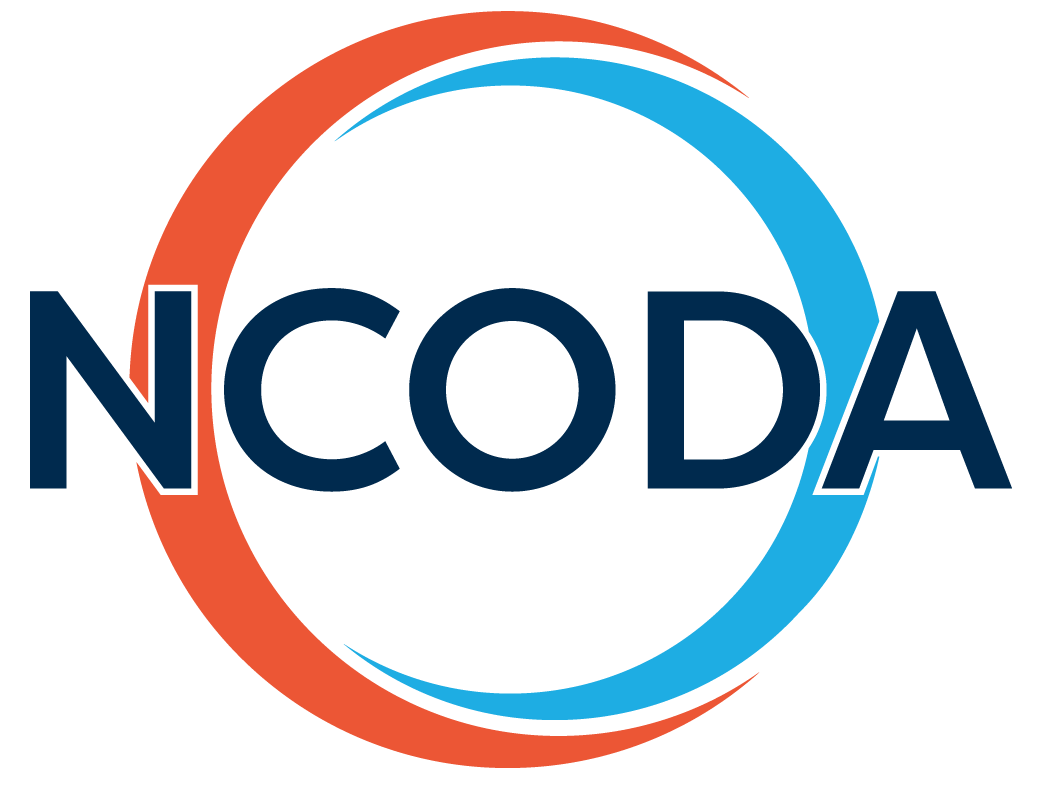Clinical White Papers: Insight & Practical Application
NCODA’s clinical white papers are evidence-informed resources developed by expert oncology professionals to support high-quality, patient-centered care. Focused on real-world challenges and best practices, these papers provide practical guidance on treatment approaches, symptom management, workflow optimization, and more. Designed to support the entire oncology care team, NCODA white papers help translate clinical knowledge into actionable strategies that enhance outcomes and improve the patient experience.

Clinical Papers
Experience of physicians, pharmacists, and pharm techs prescribing and dispensing OAMs with a limited a Limited Drug Network within MIPs in the Athena Oncology Network
April 18, 2025
This white paper presents findings from a targeted survey conducted across the Athena Oncology Network, featuring perspectives from 15 physicians, 15 pharmacists, and 5 pharmacy technicians. Participants shared their experiences with Medication In-Office Dispensing Programs (MIPs), their views on Low Dispensing Network (LDN) models, and the impact these models have on patient care.

Patient Management Strategies for Newly Diagnosed CLL
April 15, 2025
As the most prevalent type of leukemia that continues to have an increasing global incidence, chronic lymphocytic
leukemia (CLL) represents a hematologic malignancy that most oncology health care providers will encounter.1
Appropriate choice of treatment coupled with multidisciplinary supportive and survivorship care are critical to
optimizing outcomes for patients with CLL.

Integrating ESR1 Mutation Testing into Oncology Practices
April 14, 2025
ESR1 mutations play a significant role in endocrine resistance in hormone receptor-positive, HER2-negative metastatic breast cancer. These mutations allow estrogen receptor alpha (ERα) to remain active, even in the presence of endocrine therapy, leading to disease progression. Identifying ESR1 mutations through testing is a critical step in optimizing treatment strategies and improving patient outcomes.

Enhancing Oncology Care: The Role of Principal Illness Navigation in Improving Patient Outcomes
April 3, 2025
Patients with high-risk diseases, such as cancer and other chronic conditions, often face significant challenges when navigating the health care system. Learn about how professional navigators play a crucial role in identifying and addressing these challenges, as well as ensuring that patients receive timely, coordinated, and patient-centered care.







